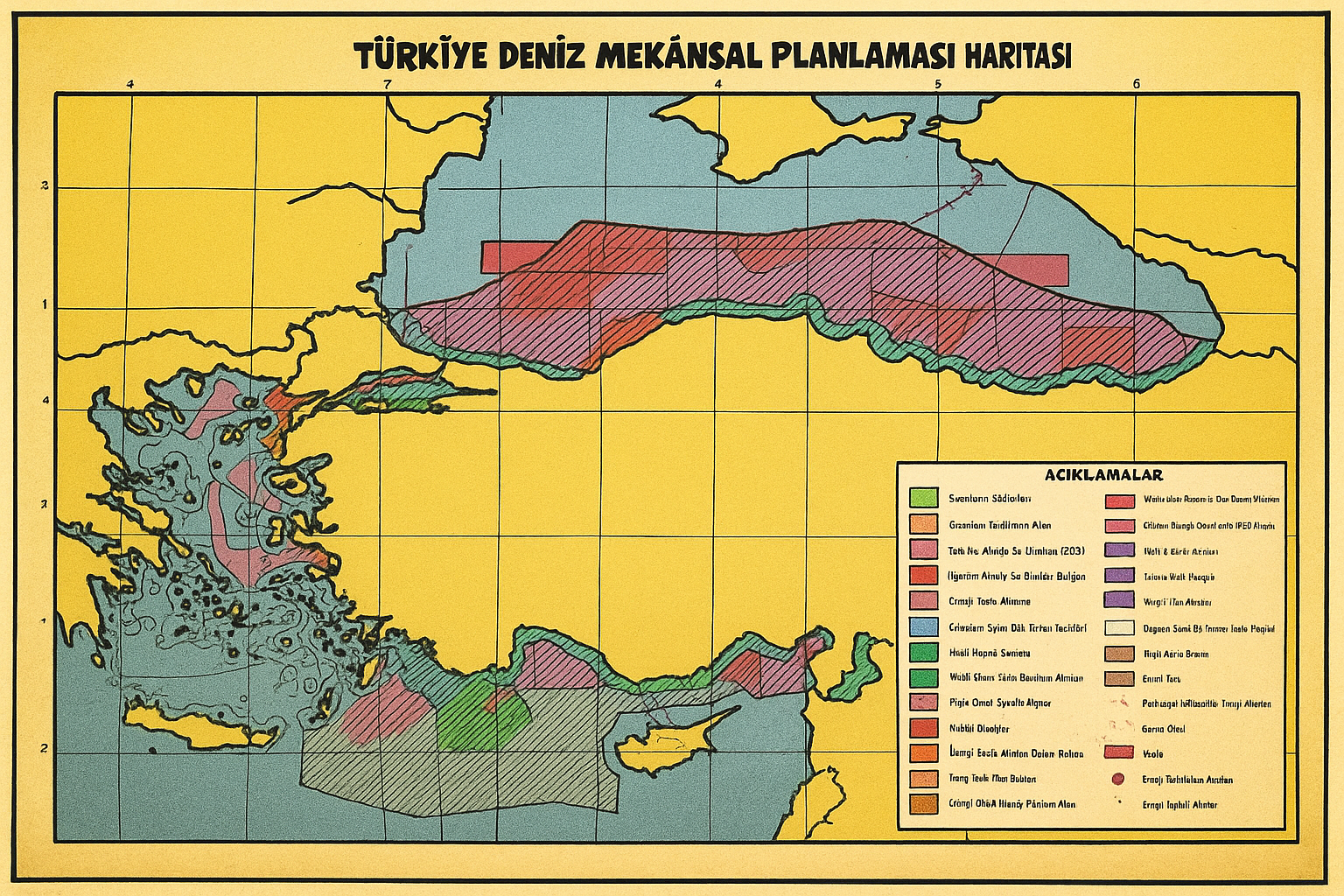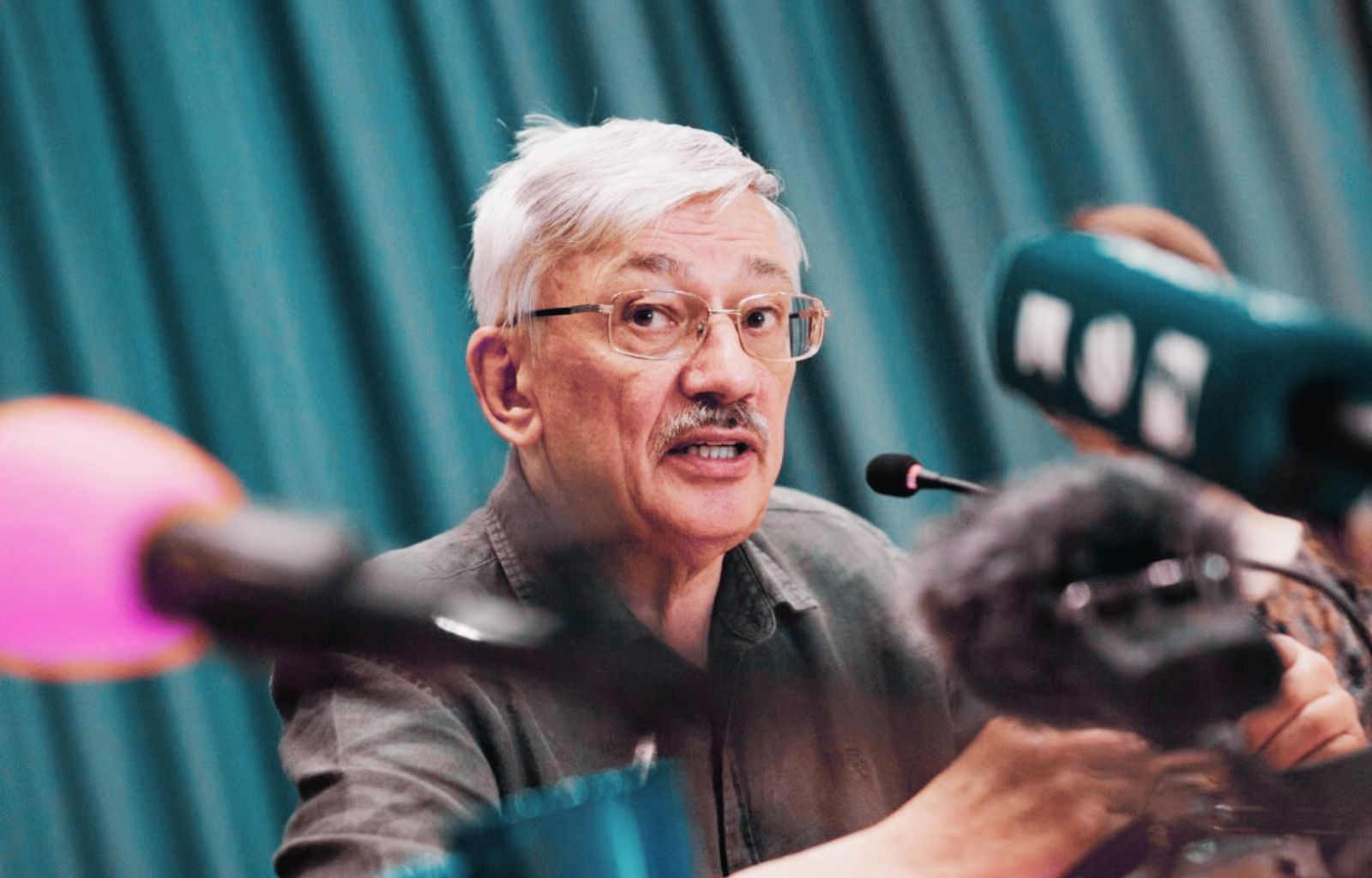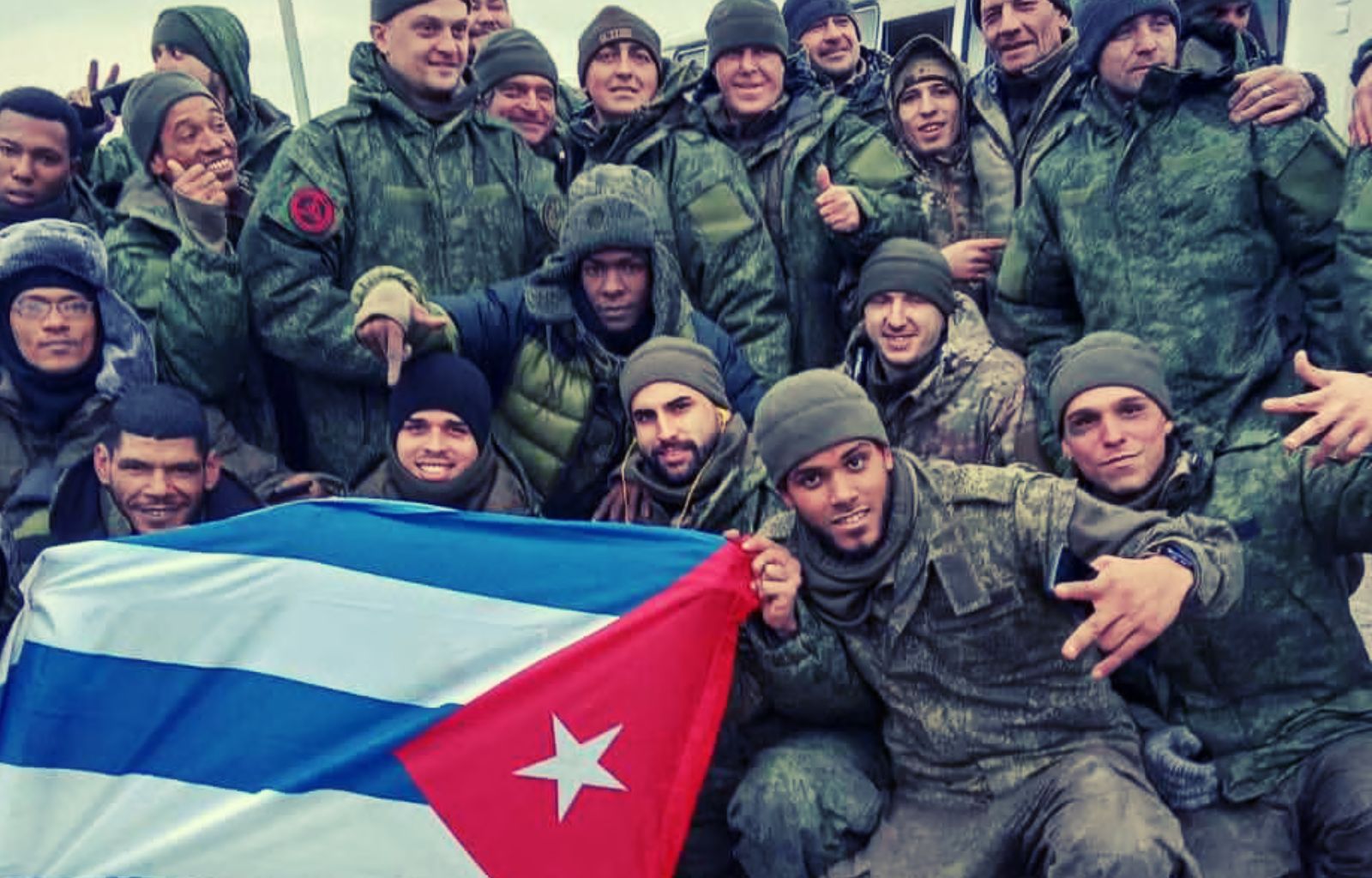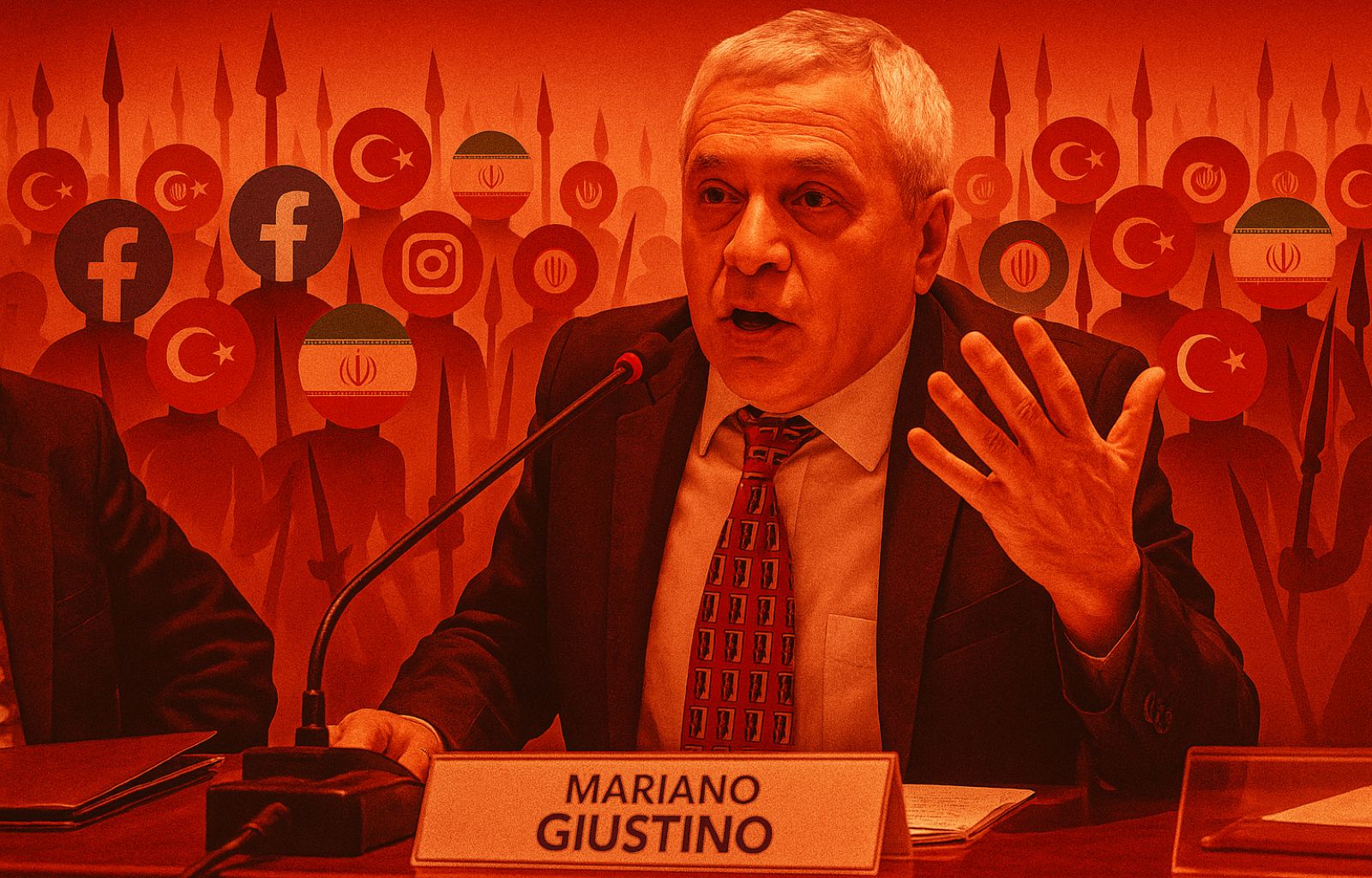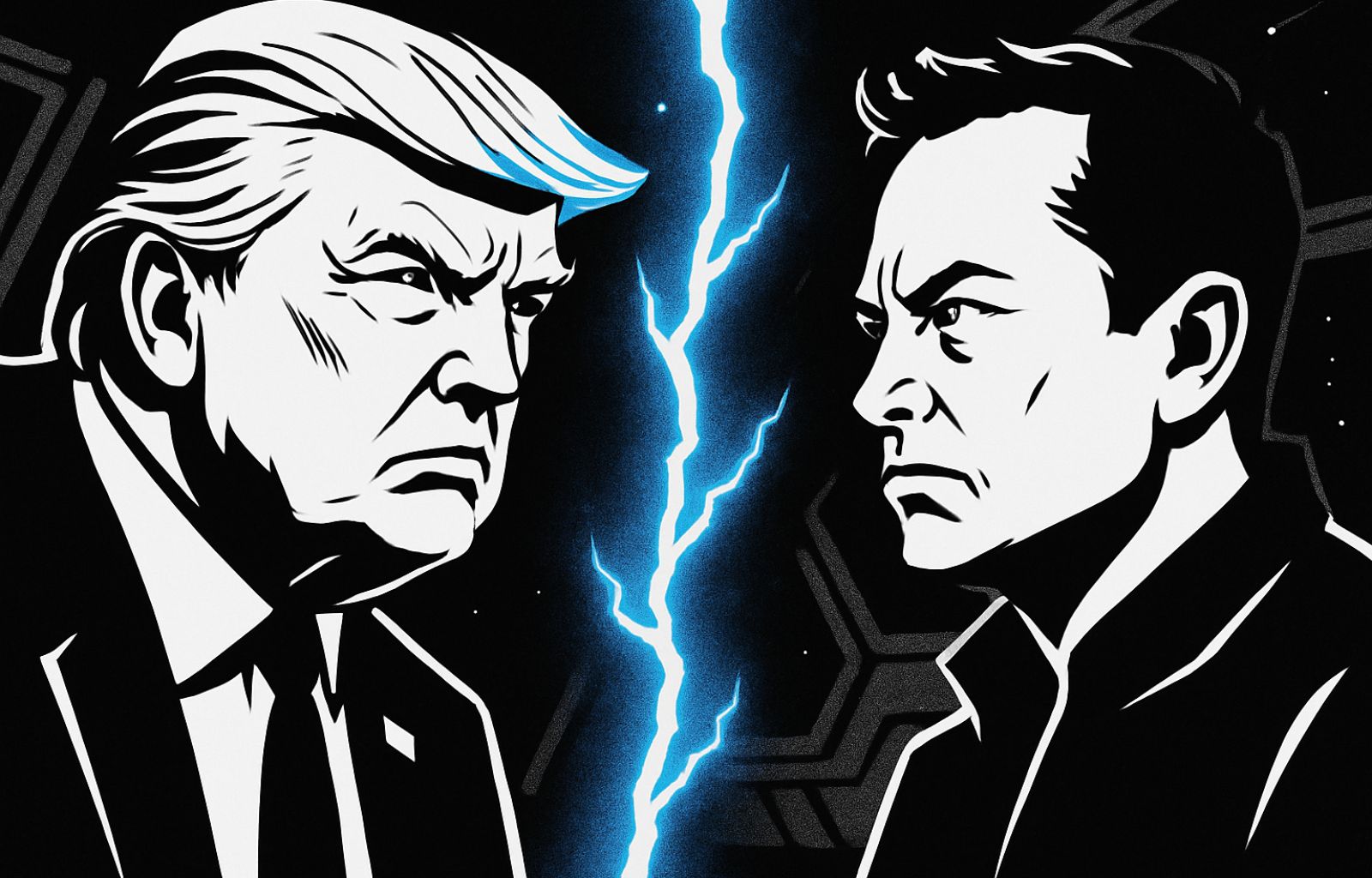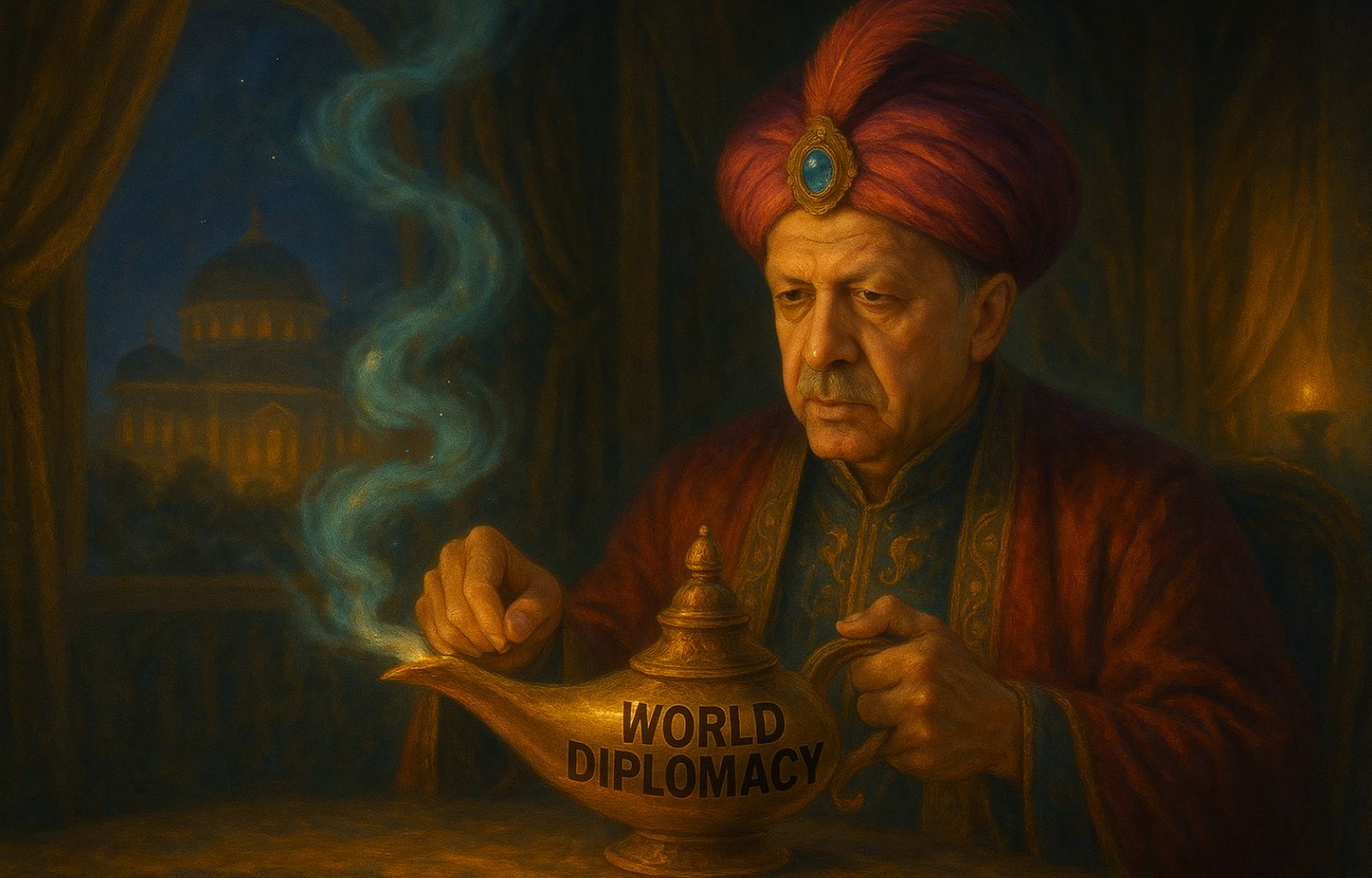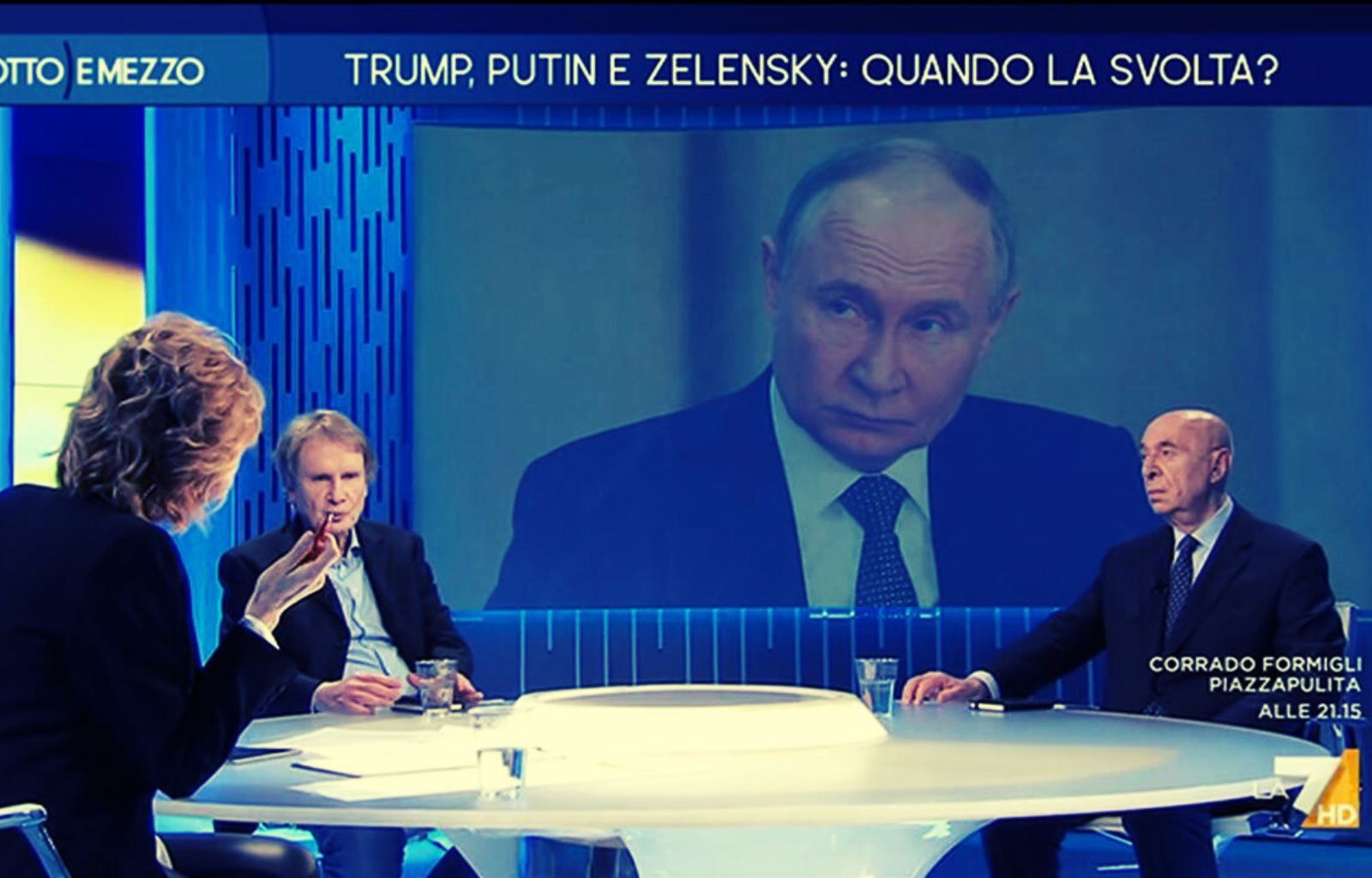Russia and Iran, the neocons were right: international politics is not business
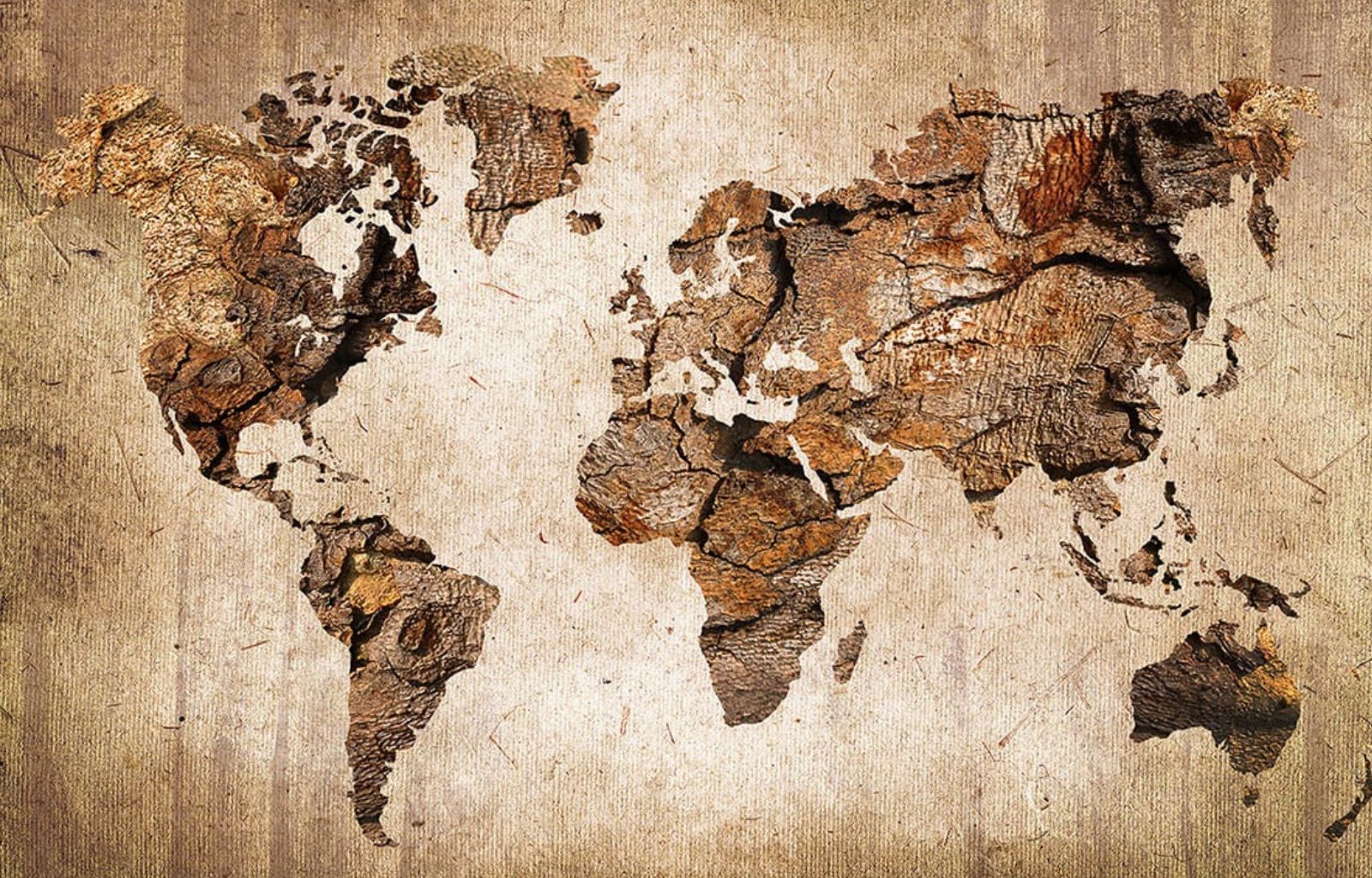
In an interview in the Corriere della Sera, Bill Kristoll, essayist and son of Irving, one of the fathers of the neocon philosophy, removes a few stones from his shoe by pointing out how recent history does not prove the failure of an ‘interventionist’ strategy, even of a military nature, of the US in the main crisis areas, but on the contrary confirms the need for a global role for the United States, also in the interest of US citizens. It is hard to blame him.
For a few decades, isolationist right and left, united by the pacifist option and an essentially business-like approach to international relations, have discredited neocon intellectuals, accusing them of being the cause of the post-9/11 madness. History has now taken it upon itself to disprove the illusion that the war would subside the moment the Americans ceased acting as the world’s gendarmes and the West renounced its claim to represent a universal political model.
There is no hotbed of war and unrest that does not today stem substantially from the retreat of the Euro-Atlantic alliance from scenarios that, according to the anti-imperialist vulgate of the right and left, do not belong to it and must be left to their ‘natural’ evolution.
To refer to the nearest threats, natural was the rot in the Syrian regime, natural was Russian expansionism in Eastern Europe, North Africa and the Middle East, natural was the Shia strategy against Israel, the Arab states and the great American Satan. The result? The endemisation of war and the impossibility of stabilising an order compatible with the interests of the free world through a strategy of concessions to the enemies of the free world.
The neocons were also right when they argued that the international order is not the simple arithmetical result of power relations, but has an essentially political-cultural foundation and that states do not move according to a principle of abstract economic rationality, but rather along the lines of what ruling classes and public opinion judge to be their mission and historical role.
The illusion of realism and the surrender of the West
Even if they failed in their objective of exporting democracy, the neocons were right to argue that the security of the West was nevertheless conditioned by the possibility of imposing cultures and political practices in partibus infidelium that were if not collimating, at least compatible with those of the West. Russia and Iran are the very example of the failure of the ‘realist’ doctrine, which reduces international relations to a business negotiation like any other, in which with a shrewd quid pro quo the parties can give each other mutual guarantees and satisfaction. But Putin’s Russia and the Ayatollahs’ Iran have never had interests simply competing with those of the West, they have always had the goal of beating it and taking back what they felt it had usurped: on the one hand the former Soviet lands, on the other the lands of Islam.
Trump is the president least suited to handle this existential challenge of the West, not only because he is a morally corrupt and intellectually blind person, but because he himself is the product of Western alienation, which leads to pitting global role and national interest against each other, to wallowing in the hallucination of a West that saves itself by denying itself and becoming more and more like its enemies, and to despising open society and the rule of law as guilty weaknesses in the struggle for survival.


